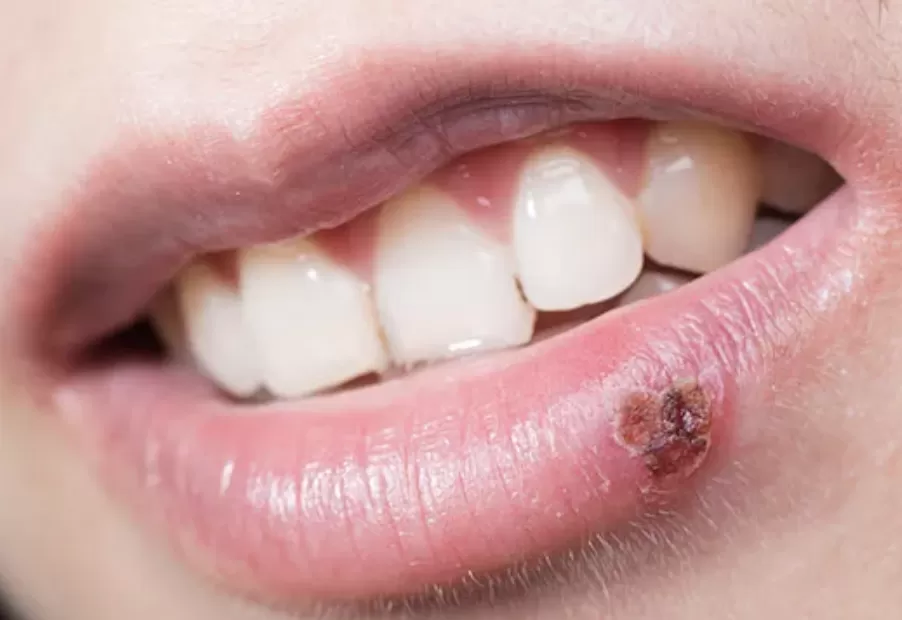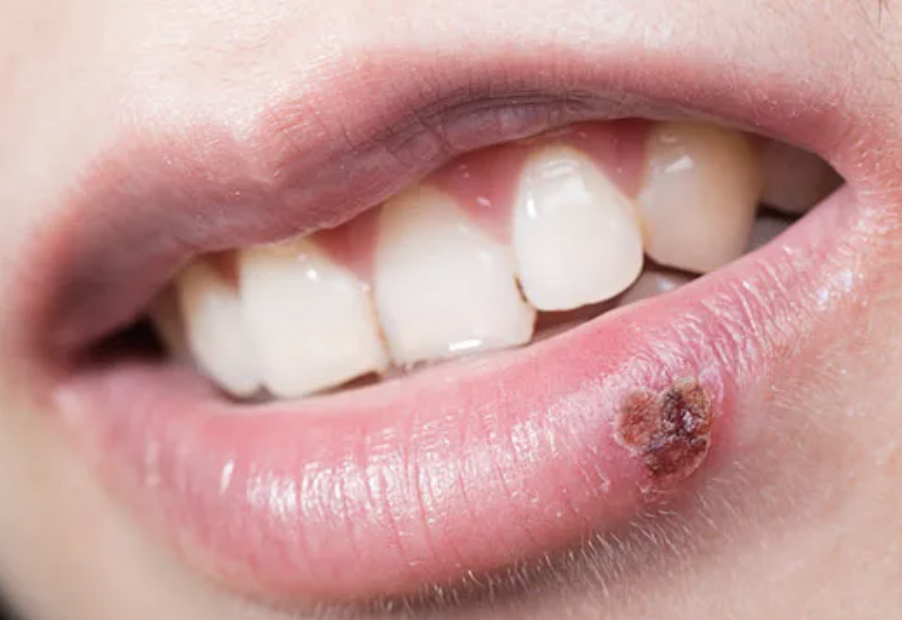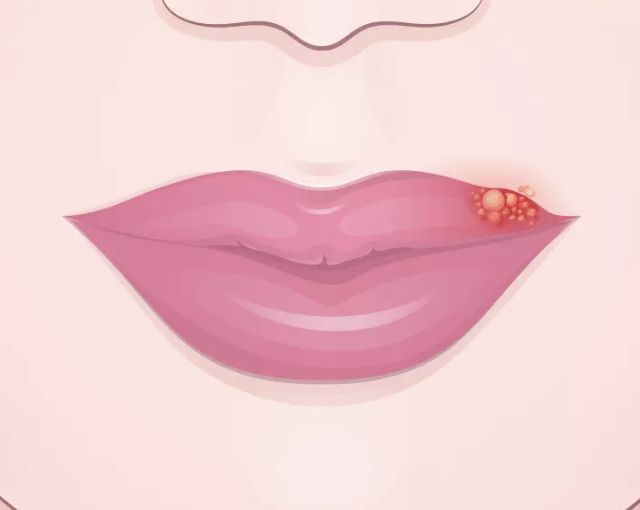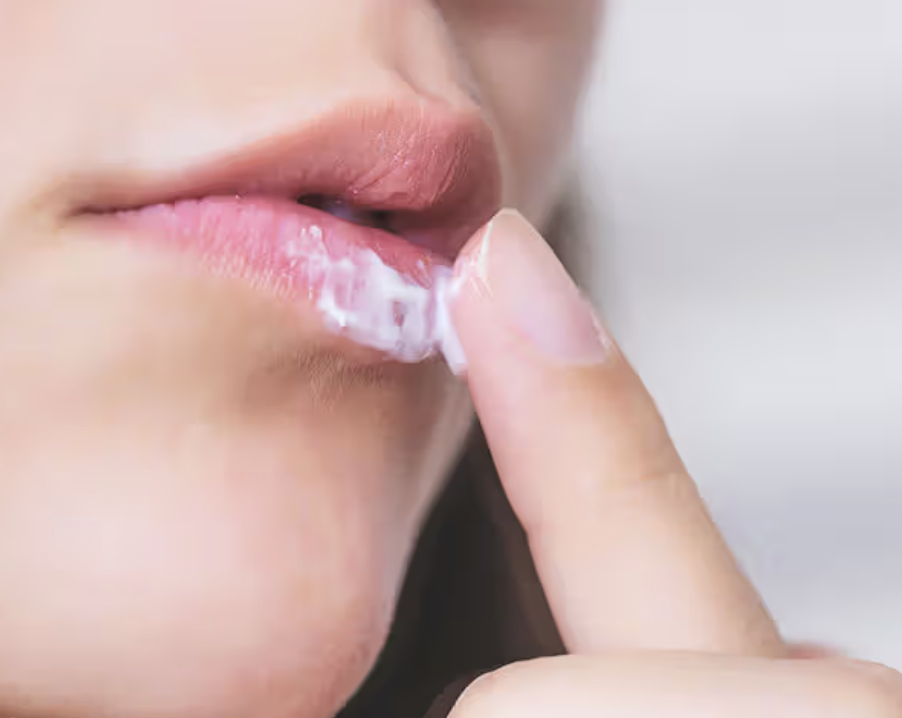Health
How to Avoid Cold Sores: A Comprehensive Guide
Manon 15/11/2024

Health
Manon 15/11/2024
Cold sores, or fever blisters, are small, fluid-filled blisters that usually appear around the lips but can also appear on the nose or face. Caused by the herpes simplex virus (HSV-1), they are highly contagious and can be triggered by various factors, leading to painful outbreaks. While there is no permanent cure for cold sores, there are several ways to reduce outbreaks and prevent spreading the virus. This guide will cover the causes, triggers, and practical steps to avoid cold sores.
What Are Cold Sores?
Cold sores, also called fever blisters, are fluid-filled blisters caused by the herpes simplex virus (HSV-1). They often appear around the lips but can also form on the face or nose. The virus stays dormant in the body and can reactivate due to triggers like stress, illness, or sun exposure.

Common Triggers of Cold Sores
Stress: Emotional or physical stress weakens the immune system, making outbreaks more likely.
Sun Exposure: UV rays can activate the virus and damage skin, triggering cold sores.
Illness: Fever or other illnesses can cause outbreaks, which is why cold sores are sometimes called "fever blisters."
Hormonal Changes: Changes during menstruation or pregnancy can lead to outbreaks.
Injury to Skin: Cuts or injuries around the mouth can trigger the virus.
Weakened Immune System: Conditions like HIV or chemotherapy can increase the likelihood of outbreaks.
Oral Irritation: Spicy foods or certain toothpaste ingredients may trigger cold sores.

Tips to Prevent Cold Sores
While it’s impossible to entirely eliminate the risk of cold sores once you’ve been infected with HSV-1, there are several strategies you can use to minimize the likelihood of an outbreak.
1.Manage Stress: Practice relaxation techniques like yoga or meditation to reduce stress.
2.Use Lip Protection: Apply SPF lip balm to protect your lips from sun exposure.
3.Boost Your Immune System: Eat a balanced diet rich in vitamins C, E, and zinc to support immunity.
4.Avoid Close Contact: Don’t kiss someone with an active cold sore or share personal items like towels or razors.
5.Limit Sun Exposure: Wear a hat and SPF lip balm when outdoors to protect against sunburn.
6.Consider Antiviral Medications: Medications like acyclovir or valacyclovir can prevent or shorten outbreaks.
7.Avoid Irritants: If certain foods or products trigger cold sores, try eliminating them.
8.Practice Good Hygiene: Wash hands regularly and avoid touching cold sores to prevent spreading the virus.
9.Avoid Sharing Personal Items: Don’t share lip balm, towels, or eating utensils, even without visible cold sores.
What to Do if You Feel a Cold Sore Coming On
If you feel a tingling or itching sensation, it’s likely the "prodrome" stage, the earliest sign of a cold sore. Early treatment with antiviral creams or medications can reduce the severity and duration. A cold compress can also help soothe pain and inflammation.
Cold sores are common but manageable. While they can't be completely prevented, you can minimize outbreaks by avoiding triggers like stress, sun exposure, and illness. Practicing good hygiene and using preventative treatments will help keep cold sores at bay. If you have frequent or severe outbreaks, consult a healthcare provider for personalized treatment.
